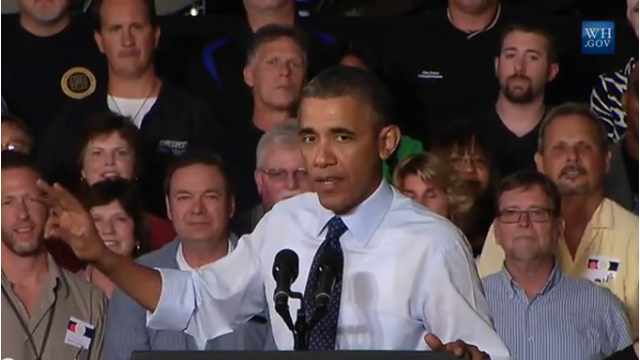The Inequality Illusion
< < Go Back
 Are people enjoying better lives today than they did 20 to 30 years ago, asks Aparna Mathur, a resident scholar at the American Enterprise Institute.
Are people enjoying better lives today than they did 20 to 30 years ago, asks Aparna Mathur, a resident scholar at the American Enterprise Institute.
In popular perception, income inequality is bad to the extent that it reflects a general worsening of conditions for the common man. When politicians pitch the top 1 percent against the middle income classes, it engenders a belief that somehow the wealthier families are enjoying their comforts at the expense of the middle and lower class families. But is that the truth? Or is it simply the case that the size of the economic pie has grown over time, and while everyone is enjoying the benefits, a larger share of the benefits is going to the top?
– In general, the findings are that people of all income levels now have access to many more material possessions than they did in the 1980s.
– Moreover, there has been a narrowing of the gap between high and low income classes in terms of ownership of these items.
– It is hard to argue against the improvement in the standard of living that has accompanied these trends.
In a recent column, Arthur Brooks states that 70 percent of Americans believe that everyone should get a chance to succeed or fail on his or her own merits. But 30 percent prefer a world in which everyone ends up in roughly the same place regardless of abilities and efforts.
Like most Americans, Mathur believes in equality of opportunity and not equality of outcome, which is clearly neither desirable nor attainable. By providing the right framework for growth and free enterprise, so that people can aspire to work, earn and make a good living, we can ensure that America remains a land of opportunity for everyone in society. But to penalize the success of the rich for some strange notion of fairness is to aim for a fundamentally different kind of equality than most Americans care about.
More From NCPA:



